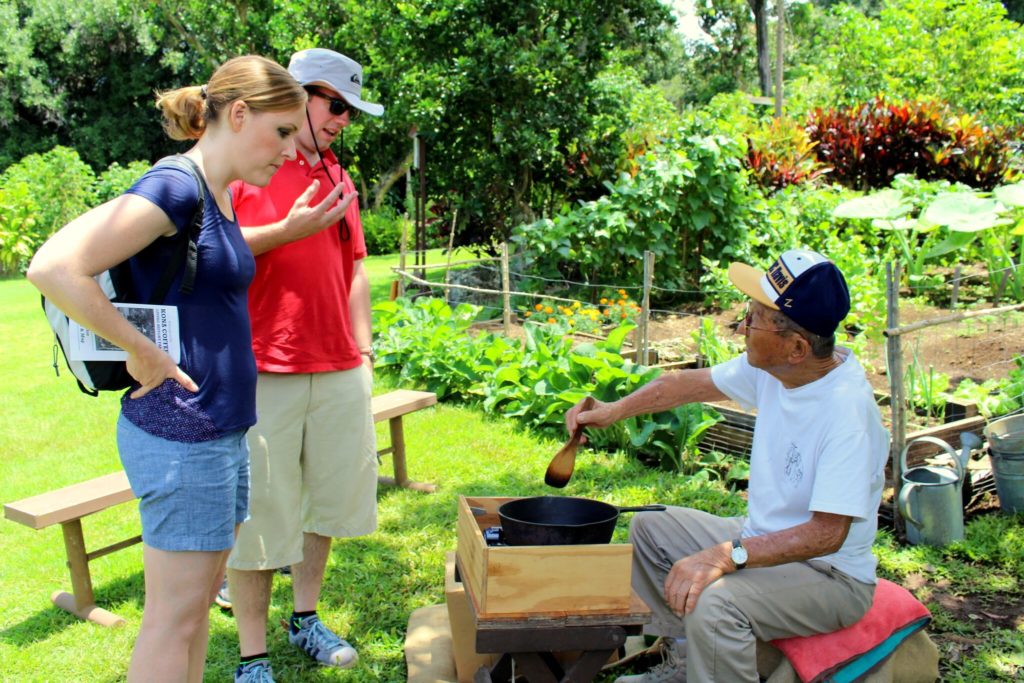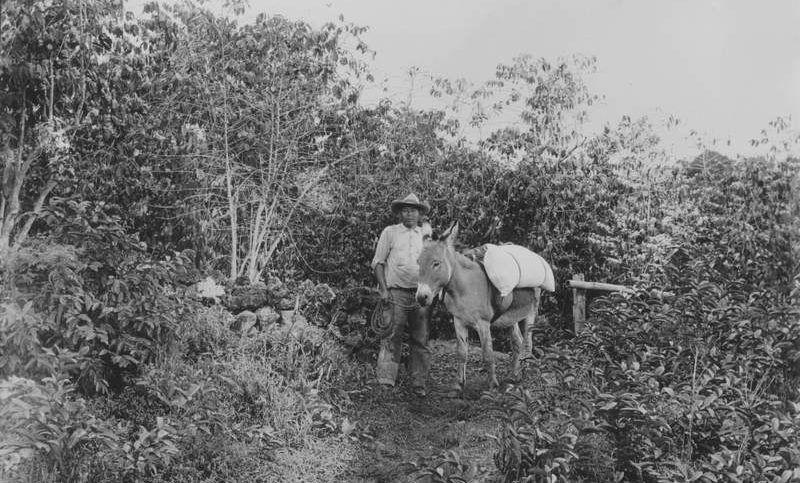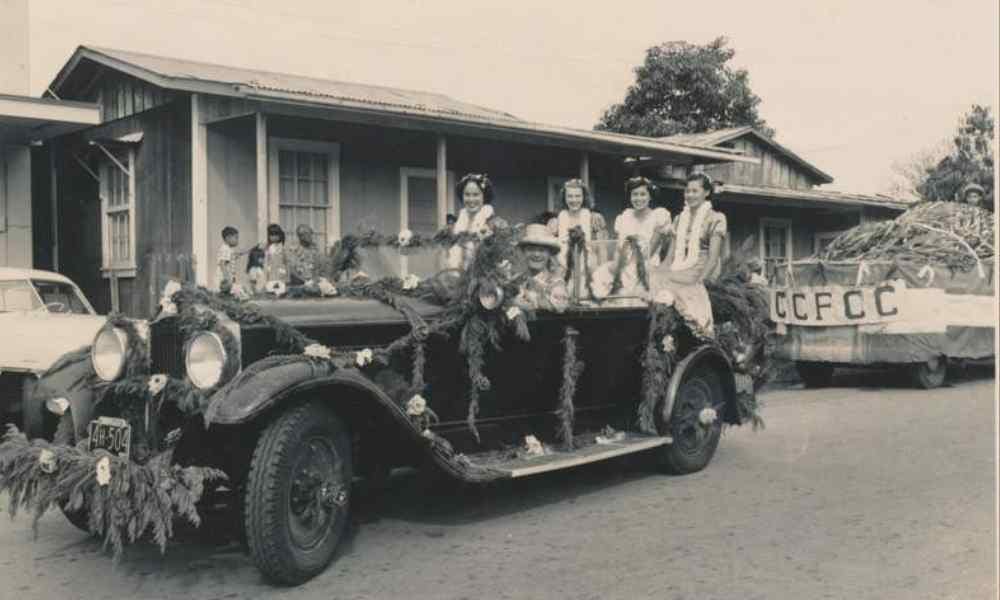You’ve probably heard about Kona coffee in Hawaii. When you come to Hawaii, drinking a cup of locally sourced brew is a must-do. But what exactly is Kona coffee, and why is it so different from other types of coffee?
Let’s learn all about this delicious beverage and why it has become so synonymous with the Island of Hawaii.
What is Kona Coffee?
Kona coffee is the name of the crop that grows on the volcanic lava rock slopes of Kona. The agricultural region is about 20 miles long and runs along the southwest coast of Hawaii Island (the Big Island). There are many coffee farms in Kona that offer tours and tastings, making the area a tourist destination as well.

At its widest, this region is no more than a mile wide. Early farmers realized that the well-drained volcanic soils and the unique weather combine to make this region an ideal place to grow coffee.
Coffee is a delicate plant that doesn’t thrive when the weather is too hot or dry. But it also cannot survive in cold weather. So, these plants love the weather in Kona. Coffee also thrives only at altitudes above 500 feet.
Coffee plants also need a lot of rain, followed by a period of dryness. Kona is the perfect place to grow coffee because of its unique attributes.
Champagne can only be grown in the Champagne region in France. Similarly, only beans grown in this region can be described as Kona coffee.
Hawaii is also the only US state to grow coffee commercially. I love to send Kona coffee to people back on the mainland as gifts, so I know that it also makes great souvenirs.
A Short History of Kona Coffee
Early farmers tried to grow sugar and other crops in the Kona area. But, they quickly learned coffee is the best crop to produce here.
Kona is a small, remote area, and growing coffee presents a unique set of challenges. These factors combined to attract a unique type of farmers. These independent men and women enjoyed the peace of the Kona coast. They also preferred to work on a labor-intensive crop instead of on big plantations.

The eventual success of growing Kona coffee was a result of both human and agricultural factors. The social influences were just as important as the agricultural elements that made this crop so important to Hawaii.
“Along the Hawaii Belt Road“
Several years ago, I was lucky enough to learn all about Kona Coffee at The H.N. Greenwell Store Museum and Exhibit in Kealakekua. They displayed its award-winning exhibit, “The Kona Coffee Story: Along the Hawaii Belt Road,” which was also featured at museums in California and around the world.
Though this particular exhibit has ended its run, you’ll love your visit to the museum thanks to its unique architecture and great displays.
The H.N. Greenwell Store is the oldest surviving store in Kona and one of the oldest buildings in Hawaii.
Kona Historical Society
The H.N. Greenwell Store is run by the Kona Historical Society is a community-based, 501(c)(3) nonprofit organization and Smithsonian Museum affiliate that has spent the past four decades collecting, preserving, and sharing the history of the Kona districts and their rich cultural heritage within Hawaii.
Make the Kona Historical Society one of your stops during your time on the Big Island as you try out fresh brews at different farms.
Kona Culture & Coffee Tour
Contact our team at Hawaii Aloha Travel to help you reserve a tour of Hawaii Island that is full of coffee, culture, and history. We can also book accommodations and provide custom travel assistance to ensure your entire vacation is full of Hawaii Island’s best sights and experiences.




